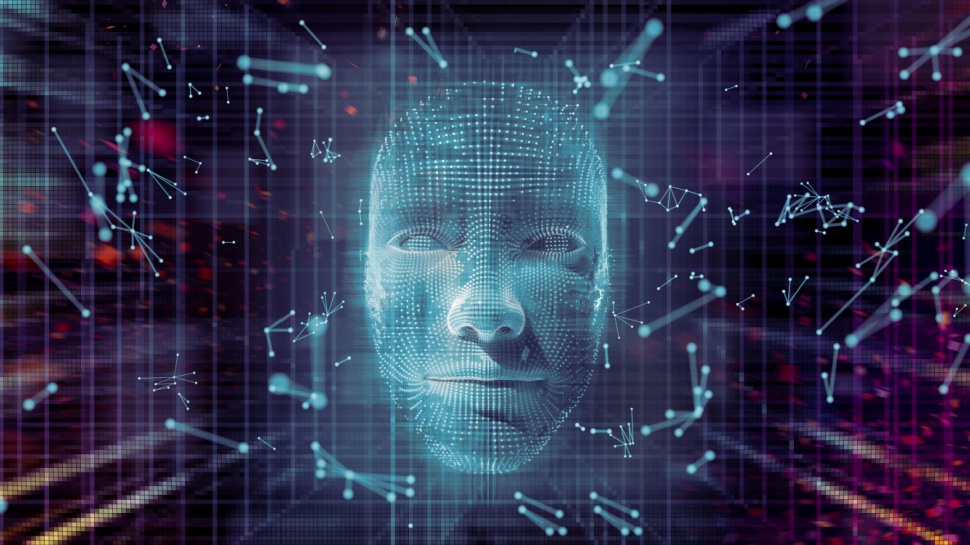Organizations face a critical disconnect between their data protection protocols and actual practices
AI adoption outpaces data security measures

From streamlining operations to automating complex processes, AI has revolutionized how organizations approach tasks - however, as the technology becomes more prevalent, organizations are discovering the rush to embrace AI may come with unintended consequences.
A report by Swimlane reveals while AI offers tremendous benefits, its adoption has outpaced many companies' ability to safeguard sensitive data. As businesses deeply integrate AI into their operations, they must also contend with the associated risks, including data breaches, compliance lapses, and security protocol failures.
AI works with Large Language Models (LLMs) which are trained using vast datasets that often include publicly available information. These datasets can consist of text from sources like Wikipedia, GitHub, and various other online platforms, which provide a rich corpus for training the models. This means that if a company’s data is available online, it will likely be used for training LLMs.
Data handling and public LLMs
The study revealed a gap between protocol and practice when sharing data in large public language models (LLMs). Although 70% of organizations claim to have specific protocols to safeguard the sharing of sensitive data with public LLMs, 74% of respondents are aware that individuals within their organizations still input sensitive information into these platforms.
This discrepancy highlights a critical flaw in enforcement and employee compliance with established security measures. Furthermore, there is a constant barrage of AI-related messaging which is wearing down professionals and 76% of respondents agree that the market is currently saturated with AI-related hype.
This overexposure is causing a form of AI fatigue and over half (55%) of those surveyed reported feeling overwhelmed by the persistent focus on AI, signalling that the industry may need to shift its approach to promoting the technology.
Interestingly, despite this fatigue, experience with AI and machine learning (ML) technologies is becoming a crucial factor in hiring decisions. A striking 86% of organizations reported that familiarity with AI plays a significant role in determining the suitability of candidates. This shows how ingrained AI is becoming, not just in cybersecurity tools but in the workforce needed to manage them.
Are you a pro? Subscribe to our newsletter
Sign up to the TechRadar Pro newsletter to get all the top news, opinion, features and guidance your business needs to succeed!
In the cybersecurity sector, AI and LLMs have had a positive impact, as the report claims 89% of organizations credit AI technologies for boosting the efficiency of their cybersecurity teams.
More from TechRadar Pro

Efosa has been writing about technology for over 7 years, initially driven by curiosity but now fueled by a strong passion for the field. He holds both a Master's and a PhD in sciences, which provided him with a solid foundation in analytical thinking. Efosa developed a keen interest in technology policy, specifically exploring the intersection of privacy, security, and politics. His research delves into how technological advancements influence regulatory frameworks and societal norms, particularly concerning data protection and cybersecurity. Upon joining TechRadar Pro, in addition to privacy and technology policy, he is also focused on B2B security products. Efosa can be contacted at this email: udinmwenefosa@gmail.com